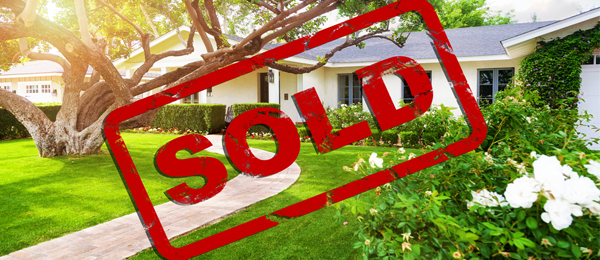While New Zealand doesn’t have a typical capital gains tax, it can apply in some situations. One of those situations relates to the situation when a rental property is purchased and subsequently sold.
Usually the intention of purchasing a rental property is to earn rental income. If this is the case, then the property is not regarded as being purchased for the intention of resale and will therefore be exempt from the equivalent of a New Zealand capital gains tax.
Conversely, if a property is purchased with the intention of resale, then it becomes effectively trading stock. It is treated no differently for New Zealand income tax purposes to the situation when any product is purchased and sold at a profit later on. The profit is usually subject to tax.
Therefore, in the case of real estate, if the property was purchased because it was considered the property could be sold at a good price at a future point of time, and is then sold at a profit, then that profit is subject to tax.
In deciding whether the property was purchased for the intention of resale or investment is based on the facts.
Often the timing of the resale can be important or any correspondence or recorded conversations may also point in that direction.
If, on the other hand, the property was purchased with the intention that it was a long-term investment and that it would be rented out to provide an income stream, and the property is then sold at a future point in time, then the profits will not usually be subject to New Zealand income tax.
The big exception is what is referred to as the “bright-line test”.
The bright-line test impacts on transactions where a rental property was purchased and then resold within a certain timeframe. If the sale takes place within that timeframe then it matters not what the initial intention was-the profits will be subject to tax.
Up until recently that bright-line test was 2 years.
This is about to change.
If you enter into an agreement to purchase a residential property on or after 29 March 2018 and you sell it within 5 years, there will be a possibility it will be subject to New Zealand income tax under the bright-line test.
There are some exclusions that may exempt the profit from New Zealand income tax.
- The property will not be subject to tax on the profits of a house where that house was the vendor’s main home.
- Nor will the property come under the bright-line rules and therefore taxable on any profits if the property was inherited.
- The 3rd exception relates to the situation where the property was transferred to you in your capacity as an executor/administrator of a deceased estate.
In most cases therefore, the sale of a rental property within 5 years of its acquisition, providing it was acquired on or after 29 March 2018 will be subject to New Zealand income tax on any profits.
You should note that if your rental property was purchased between 1 October 2015 and 28 March 2018, and sold within 2 years of the acquisition date, and none of the 3 exclusions above apply, then any profits will be subject to New Zealand income tax.
If your property was purchased before 1 October 2015, and it was purchased as an investment property, then it is unlikely to be subject to New Zealand income tax on the profit of that property. That capital gain will generally not be taxed.
Getting things wrong in New Zealand when it comes to tax matters can be costly. We recommend you get advice. Simply call us for a free chat on 1300 791 600
The information in this article is indicative of NZ tax rules and changes and not intended to be complete for all intents or purposes and does not constitute advice. It is recommended that you obtain professional advice, suited to your particular circumstances, from us before acting on anything you read.

